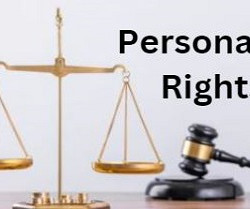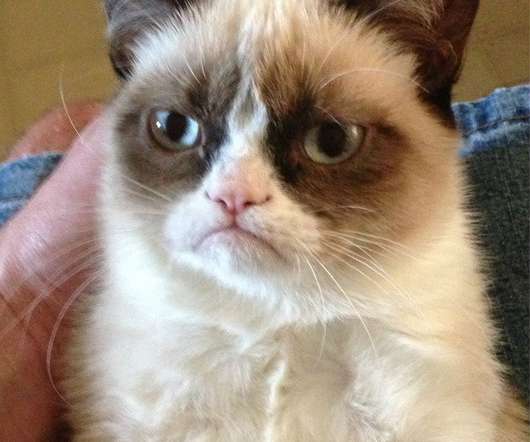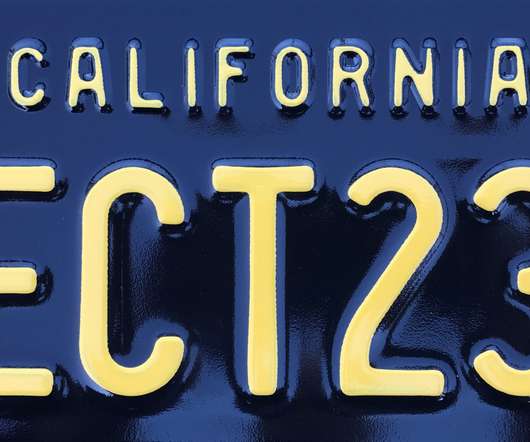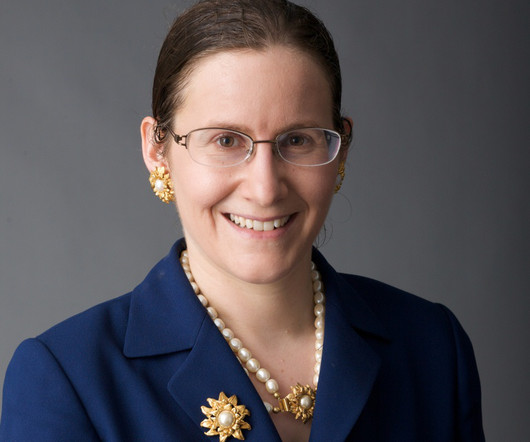Unreasoned Orders for Personality Rights
IP and Legal Filings
MAY 13, 2023
Consequently, courts in India must either base their recognition of personality rights on common law or constitutional principles, which leaves several questions unanswered. For example, can personality rights be viewed as an extension of the right to privacy? FX Networks and Guglielmi v. Spelling-Goldberg Prods., In Gautam Gambhir v.












Let's personalize your content